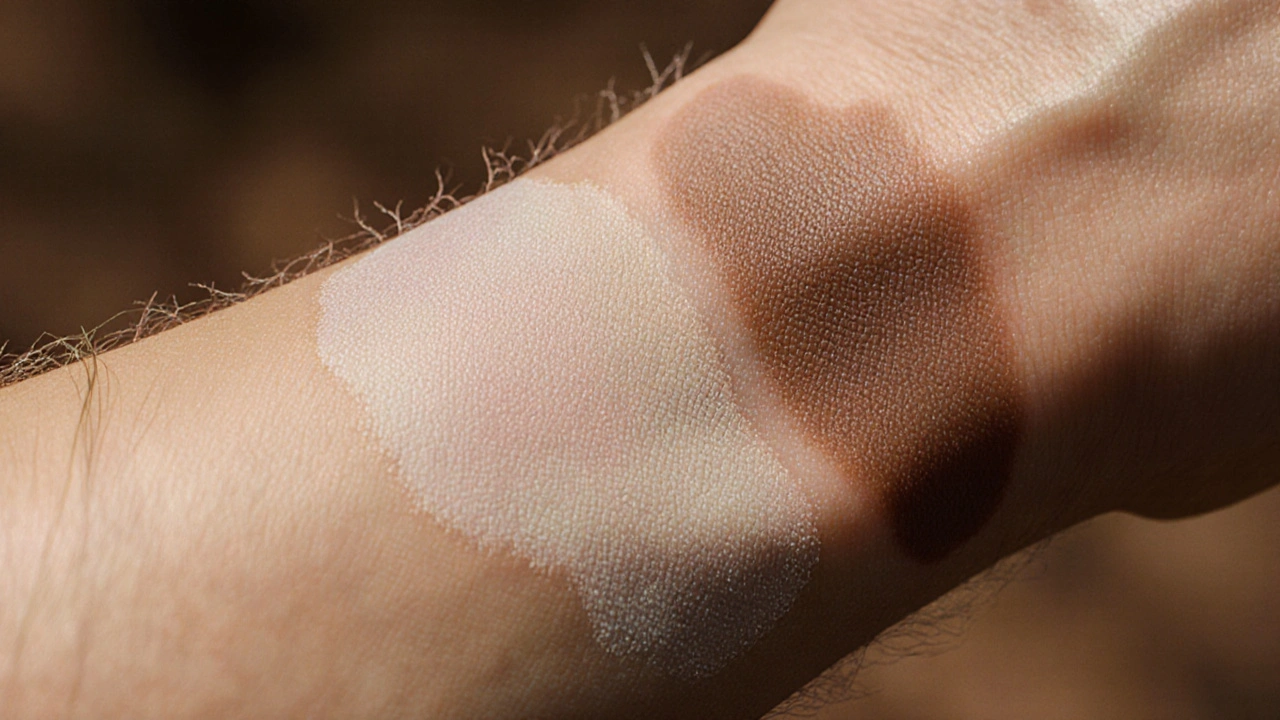Immune system: practical tips to stay healthy
Want to stop catching every bug that goes around? Your immune system does most of the work, but daily habits decide how well it performs. Small, consistent changes—better sleep, fewer sugary snacks, smarter handwashing—make a big difference. Below you’ll find fast, useful steps you can act on today and a short guide to related articles on our site.
Quick habits that boost your defenses
Sleep: Aim for 7–9 hours. When you’re short on sleep your body makes fewer infection-fighting cells. Try a regular bedtime and cut screens 30 minutes before sleep.
Move daily: A 20–30 minute walk most days helps circulation and immune signaling. You don’t need intense workouts—consistency beats extremes.
Eat real food: Add colorful vegetables, lean protein, and whole grains. These give vitamins and minerals your immune cells need. Limit added sugar—high sugar intake can blunt immune response for hours after you eat.
Stay hydrated: Water supports mucus lining in the nose and throat, your first barrier against germs. Aim for steady fluids throughout the day, not a big gulp at the end.
Hand hygiene: Wash hands with soap for 20 seconds or use an alcohol-based sanitizer after being in public, before eating, and after coughing or sneezing. This cuts transmission more than most things people overlook.
Manage stress: Chronic stress suppresses immune function. Try short breathing breaks, walk outside, or set one small relaxing ritual each day.
Vaccines and checkups: Keep routine vaccines up to date and see your doctor for chronic issues like diabetes or asthma—those conditions change infection risk and need tailored plans.
When to get help & related reads
If you have a fever that won’t drop, shortness of breath, severe pain, or confusion—seek medical care. Mild sniffles and fatigue? Rest, fluids, over-the-counter relief, and watch for worsening signs.
Want deeper, related reads from ADW Diabetes Pharmaceutical Centre? Try these:
- Zovirax: Complete Guide to Acyclovir — learn how common antivirals work and when to use them for cold sores and herpes.
- Enhance Your Health Naturally with Thuja Supplementation — a clear look at one herbal supplement people use to support wellbeing and immune health.
- Heatwave and Monsoon Drive Surge in Infection Rates — explains seasonal infection patterns and why simple precautions matter during outbreaks.
- Preventing UTIs: Tips for a Healthy Urinary System — practical steps to lower UTI risk, especially useful if you’re prone to recurring infections.
- Waking Up Drenched: Night Sweats and Asthma — tips to handle respiratory flare-ups and night symptoms that can weaken sleep and immunity.
Thinking about supplements or a new remedy? Talk to your doctor or pharmacist first—some herbs and pills can interact with prescriptions or be unsafe for certain health conditions. Use common-sense prevention, get reliable care when needed, and stick with simple daily habits. That’s how you build real, lasting immune strength.

How Fungal Skin Discoloration Links to Your Immune System
Haig Sandavol Oct 12 14Explore how fungal infections cause skin colour changes, the immune system's role, diagnosis steps, treatment options, and prevention tips in a clear, actionable guide.
More Detail
Shift-Work Disorder and Its Impact on Immune System Functioning
Haig Sandavol May 6 17As a blogger, I've recently been researching the effects of shift-work disorder on our immune system functioning. From what I've gathered, shift-work disorder, caused by irregular working hours, can significantly disrupt our body's natural sleep-wake cycle. This disruption can lead to chronic sleep deprivation, which in turn weakens our immune system, making us more susceptible to infections and illnesses. Consequently, those affected by shift-work disorder may experience increased instances of colds, flu, and other health issues. Overall, it's crucial for both employers and employees to acknowledge and address the impacts of irregular working hours on our health and well-being.
More Detail